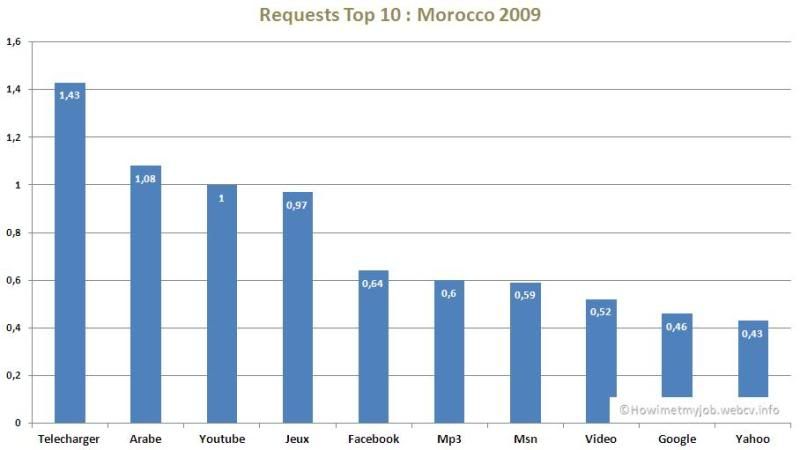Everyone knows that it's impossible very hard to find recent and real stats and numbers about social media usage in the MENA region.
So when I came through the "MENA Facebook Demographics" study realized by "Spot On", a public relation agency located in the UAE, I got all excited about it. If there is any designer out there motivated to make an infographic from this it would be great :)
Facebook users in MENA count for 15 million people divided pretty equitably between North Africa 7,704,420 and Middle East 7,286,460 : let's say 50/50 .
As shown in the map, users are mainly from the region top economic countries: 1. Egypt 2. Saudi Arabia 3. Morocco 4. Tunisia and 5. UAE.
English is the main used display language with 50%, followed by French (25%) and Arabic (23%). This can be explained by the users demographics data: education level, income level, social category, etc.
Concerning the users gender, only 37% of Facebook users in MENA are female (which is very low comparing to the US and UK +50%).
However, Bahrain and Lebanon have the closest approach to gender equality with 44% of female users.
And finally, two interesting results about age and relationship status:
UAE and Qatar, among with 6 other countries, have the oldest population of Facebook users. The rest of the MENA region sticks to the Occidental model with around 70% users with less than 25 years.
Because they have the oldest users population, United Arab Emirates and Qatar have also the most users with "Married" as a relationship status.
The study has a detailed page for each country and as a Moroccan, I wanted to share this one:
The full report is available on SPOT ON website (Thanks guys for bringing this data to everyone).









